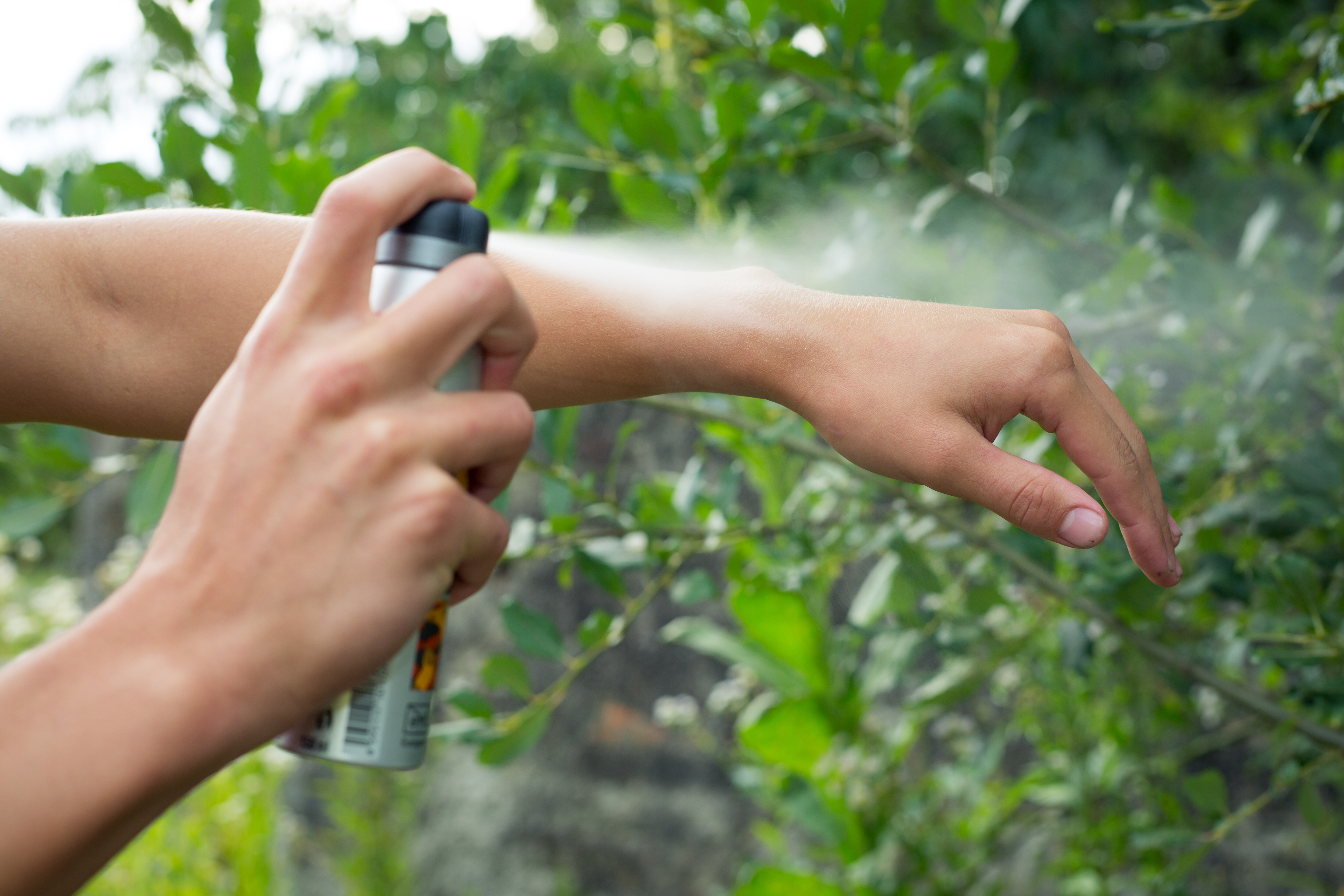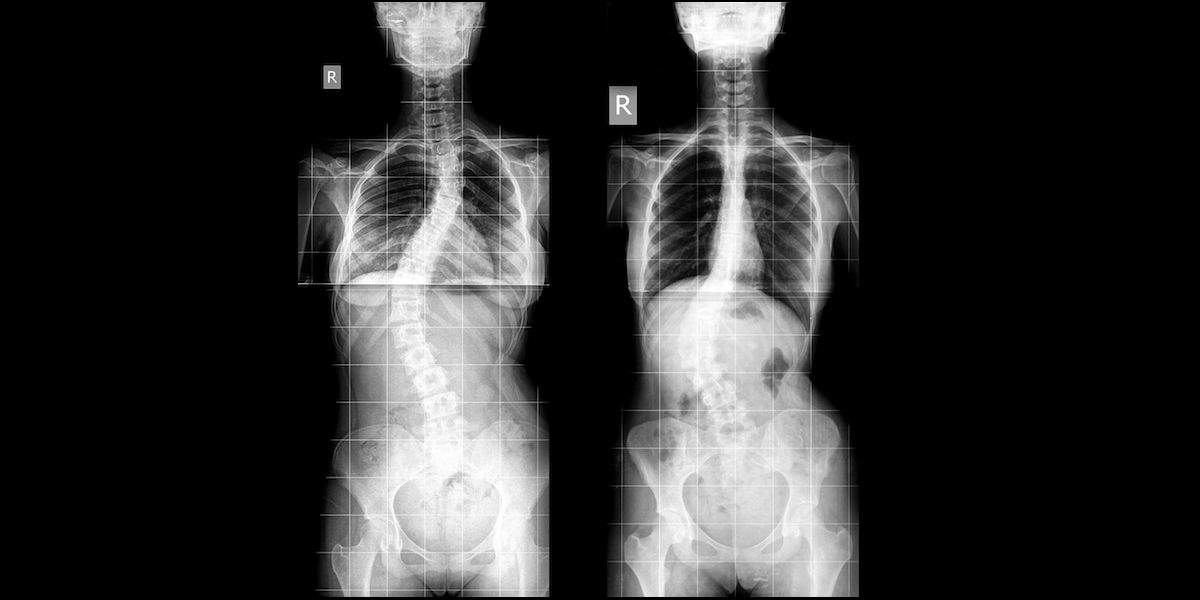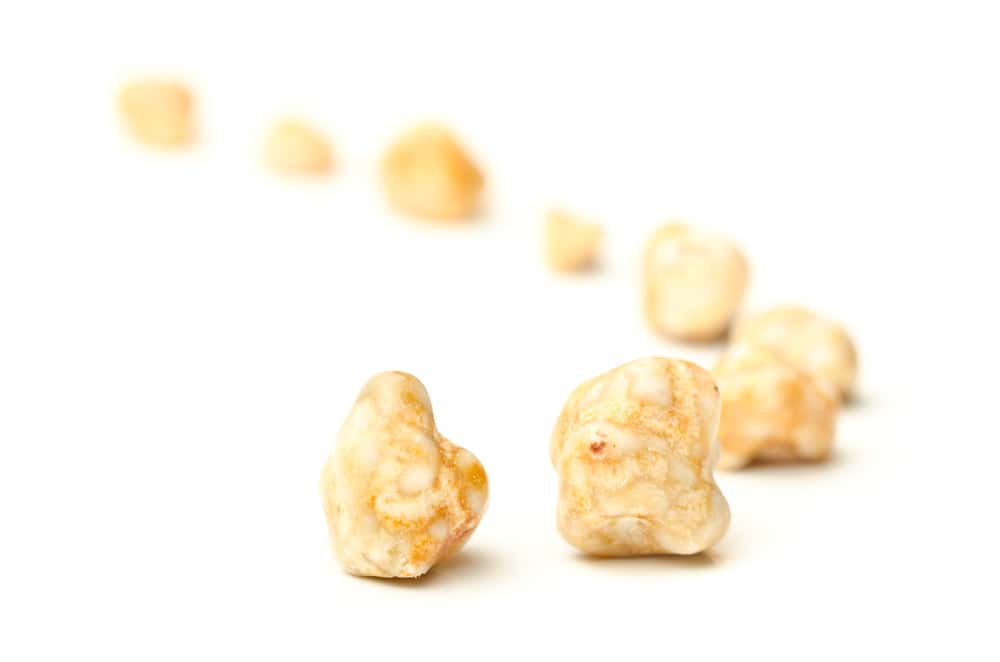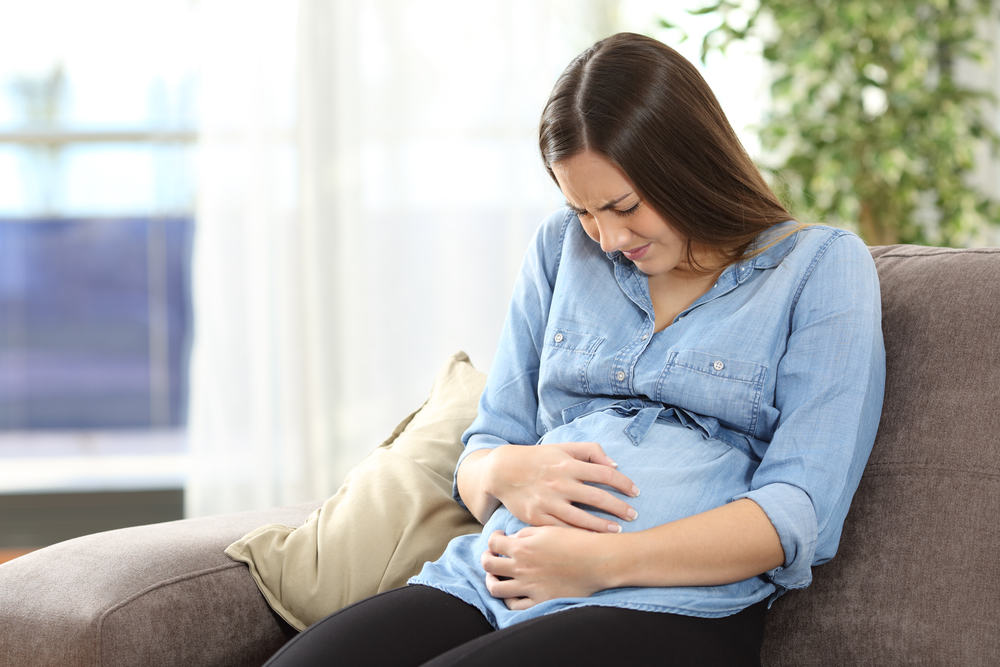Contents:
- Medical Video: Pesticide Exposure and Pregnancy
- How do pesticides enter the body?
- Do pesticides affect fetal development?
- What are the effects of exposure to pesticides to the fetus?
- Sources of pesticides
- How to reduce exposure to pesticides?
Medical Video: Pesticide Exposure and Pregnancy
Pesticides are chemicals that are used to kill or control insect pests. Pesticides will attack the insect's nervous system to kill or repel pests. If pesticides can attack insects to death because of this poison, what about the fetus in the womb of the mother? Is it possible for exposure to pesticides to affect fetal development during pregnancy?
How do pesticides enter the body?
In addition to entering into the nervous system of pests or insects, pesticides can also enter the human body, including the body of pregnant women. There are various ways in which pesticides enter the body.
First, pesticides can enter when humans breathe (inhaled). Second, pesticides can also enter the body if there is direct contact with the skin.
Third, pesticides can enter if ingested. Sometimes people don't realize after holding pesticides they use their hands to eat. This is where pesticides can be easily swallowed. Pesticides that have contaminated food such as in vegetables and fruit can also enter the body.
Do pesticides affect fetal development?
Sabrina Llop, a researcher from Valencia's High Public Health Research Center in Spain stated that the fetus is very susceptible to the harmful effects of pesticides through its mother. The fetus does not have a detoxification system or cleansing toxins in a developing and mature body. They also have a strong immune system against exposure to harmful substances from the outside.
In addition, in the womb, the brain, nervous system, and organs of the fetus develop rapidly and are more sensitive to the toxic effects including pesticides. Therefore, toxic exposure is easier to disrupt fetal development in pregnancy.
What are the effects of exposure to pesticides to the fetus?
Pesticides negatively affect fetal development. Its influence, among others, on the size of babies born, conditions of birth defects, premature, can even affect the ability of the child's brain.
In the 2013 Indonesian Environmental Health Journal, Setiyobudi and his colleagues as researchers stated that there was a close relationship between the use of pesticides and the incidence of low birth weight babies (LBW). The longer a mother during pregnancy is exposed to pesticides, the more likely the fetus has LBW.
Reported from the Merlion Fetal Health page, fetuses exposed to harmful chemicals through their mothers are more susceptible to damage such as cleft lip conditions, heart defects, and other birth defects due to imperfect brain and spinal cord development.
In addition, exposure to pesticides can increase the likelihood of premature birth. Babies born prematurely have a body system not as good as a baby born enough months. Premature birth also has the risk of stillbirth (stillborn) higher.
Not until here, it turns out that exposure to pesticides that are too frequent while still in the womb can affect fetal brain development at the age of children. Reported on the Live Scinece website, a pregnant and child health researcher at Berkley University of California stated that exposure to pesticides can affect IQ scores.
When in the womb, children who experience exposure to pesticides in the frequent category in this study have a lower IQ value of up to 7 points compared to children who experience exposure to pesticides in the least rare category in this study.
Therefore, pregnant women are advised to reduce all exposure to pesticides to maintain the condition of the fetus in the womb.
Sources of pesticides
Apart from within the scope of agriculture, sources of pesticides can also be found in products in the household or food and beverages, for example:
- Insecticide spray (insecticide)
- Food (such as vegetables and fruits exposed to pesticides)
- Weed killer products (herbicides)
- Rodent killing products like rat poisons
- Animal cleaning products, for example shampoo, antipathy animals
- Fungicide (fungicide) product
Reporting from the Science Daily page, it turns out there are still many pregnant women who do not pay attention to the dangers of pesticide exposure. There are 2,500 women in Spain involved in research in the journal Science of the Total Environment about the use of pesticides in households.
The results stated that it turned out that 54% of pregnant women in this study were still using cautious killer products in their homes. This condition is quite dangerous for a pregnant woman who should try to avoid exposure to pesticides during her pregnancy.
How to reduce exposure to pesticides?
- Cover or remove food, dishes, and all eating utensils from the room that will be sprayed with pesticides.
- If possible, ask someone else to spray the pesticides you want to use inside the house to kill insects. Then, leave the house or room that has just been sprayed with pesticides until at least the smell is gone.
- If your spouse or someone in your house works in a place exposed to pesticides, you should not bring clothes that are exposed to pesticides at home or do not wash them together with family clothes at home, especially children's clothes and pregnant women.
- Open the window so that the air circulation in the house runs smoothly, especially after using insect removal sprays.
- Wear rubber gloves when you have to garden to prevent skin contact with fertilizers, or other planting materials that contain pesticides.
- Wash the vegetables and fruit properly under running water.















